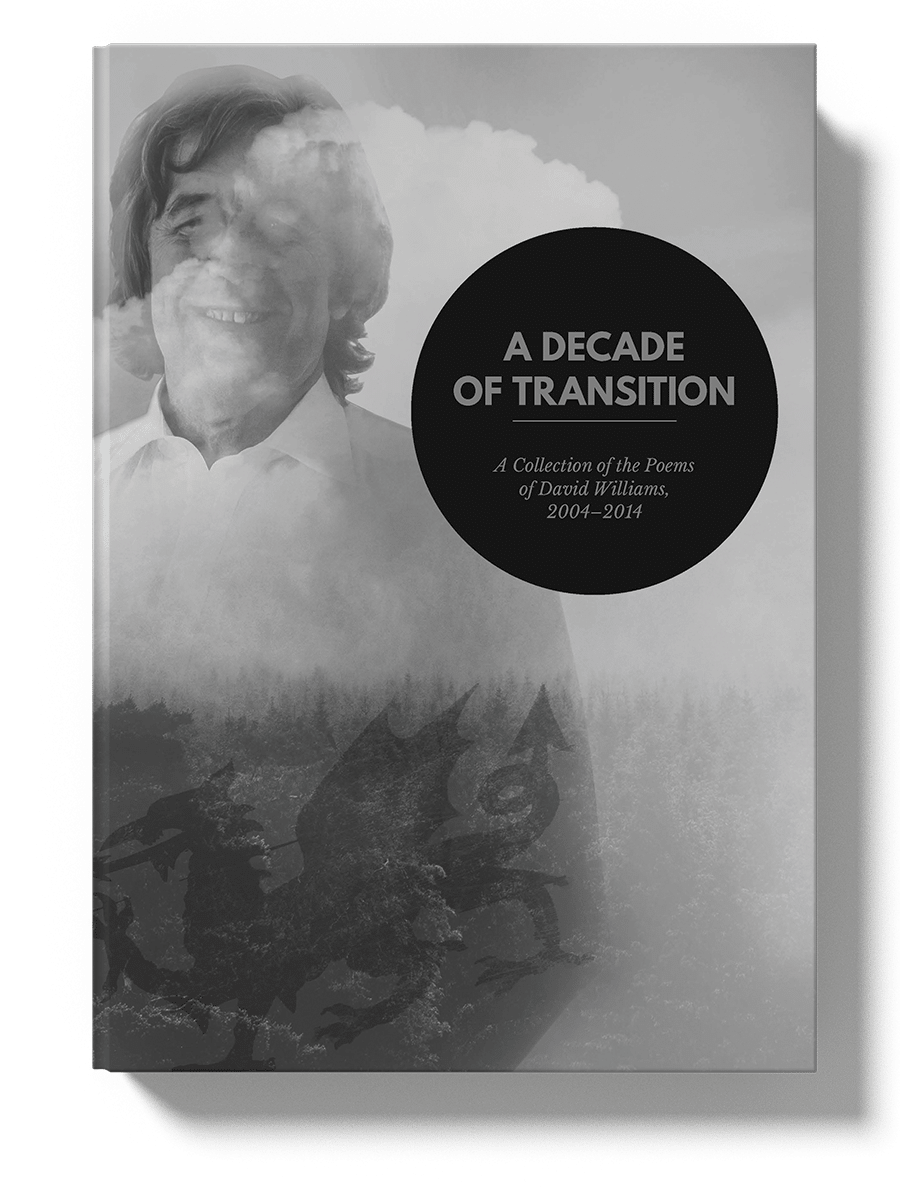Trying to do something different later in life is not trivial. In my case, ignoring long-held traditional views and habits in scientific methodology and thinking and adopting a new form of communication and writing style was a challenge. As with everything I have done over many years, this would not have been possible without the encouragement, support and practical help of my wife Peggy. She has always been a close partner in all of our professional activities, and her influence on my scientific writing, editing and speaking has been profound. She immediately recognized that the writing of poetry had to be my work and my work alone, so she patiently waited while I spent hours in the evenings, often sitting outside our house or hotel with a glass of wine, and slowly put together or reshaped the words and lines that form this compilation. I am tremendously grateful to Peggy for this. But more than support and patience, my interest in poetry needed practical encouragement, and Peggy arranged several poetry readings in Winston-Salem, North Carolina, as well as the inaugural Café Poétique in Franschhoek, South Africa. She was also fully involved in the publishing of this book, undertaken by ourselves and the wonderful design team of Design for Development (D4D) in Cape Town. As the title states, this project has taken a decade; it has been both different and exciting and I record here my appreciation for everything Peggy has contributed.
David F Williams
Franschhoek, South Africa, March 2016


